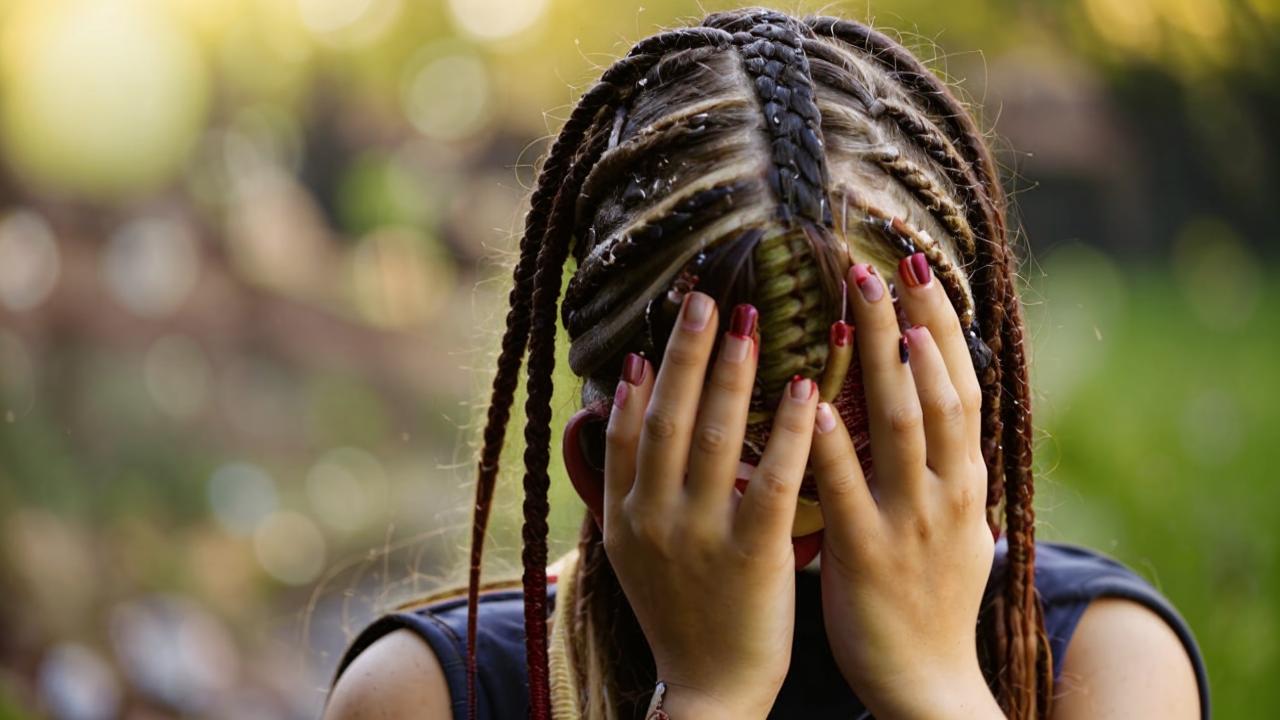Tears or crying are primarily an emotional reaction that is unique to humans. Tears appear when we experience negative emotions, but strong positive emotions can also cause crying (for example, tears of joy).

psychologist, psychotherapist, sexologist, psychosomatic specialist
The widespread stereotype that tears are a manifestation of weakness, makes women hide them, and men are beaten at face value, because in childhood they were told that “real men do not cry”. But not everything is so unambiguous.
Crying is a complex physiological process, which involves the parasympathetic part of the nervous system, whose activation leads to the recovery of the body after various stressful situations. This department of our nervous system is engaged in relaxation, removal of increased tension as after living negative emotions, and after positive experiences. The mechanism is the same.
Why people cry
And yet, why do we cry? Tears contribute to living a strong psychophysical impact, they help us to live through an unpleasant situation and calm down. This is a kind of safety valve that protects the nervous system from overheating. It is worth noting that during crying our brain releases pleasure hormones – endorphins – and it is these hormones that improve our mood, create a feeling of ease and calmness. ⠀
The positive or negative reaction of the surroundings to tears has a significant impact on the person who cries. Later on, this can have a strong impact on his or her ability to cry in moments of great emotional distress.
It is important to remember: whatever happens, whatever the situation, it is just an experience. It can be positive or negative – it all depends on your attitude to the situation. To do this, it is important to ask yourself the right questions – read more about it at the link below.
Tears are not a sign of weakness
In my practice I have noticed many times that men who cry are courageous and strong in spirit, and women who cry are more likely to be highly organized than mentally unstable – and this shows that the stereotype of tears as a sign of weakness is not very workable.
When we cry, we recognize what’s happening to us, live the experience, and release tension, helping the psyche cope with the turmoil we’re going through. And that’s a very good thing. Otherwise, unexpressed emotions can “get stuck” in the body and, accumulating, later affect unpleasant psychosomatic symptoms.

We allow ourselves to open our mouths in surprise, laugh with joy, spread our hands in despair, jump with happiness, so why do we suppress tears? By literally swallowing them, we are denying some of our emotions, thus not accepting this emotional part of ourselves. And the ability to live emotions, to react to them with our body belongs to us by birthright.
It is clear that tears will not help much, and tears are far from being a solution to the problem. But when there is relaxation and acceptance of the situation after crying, the problem may appear in a completely different light. Sometimes attention can and even should be minimized. What else is dangerous habit of controlling everything, told in the previous material.
“If you want, you can” – this is just applicable to living emotions, including through tears. Just as you are happy, angry, surprised, annoyed, so cry when you feel the need to do so. Allow yourself this “luxury” of living emotions, and your life will become freer emotionally, and therefore brighter and of higher quality.






